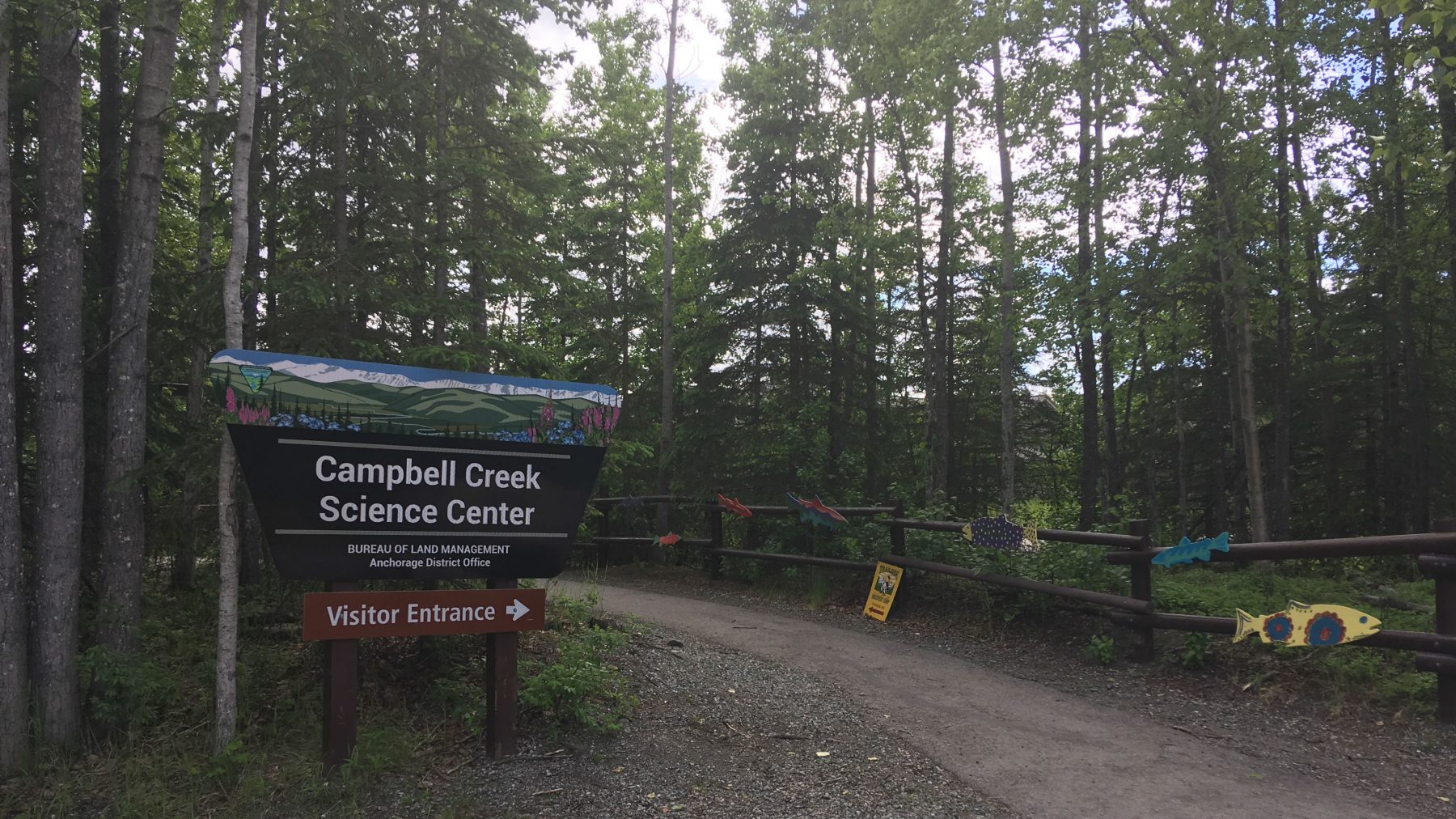33-month sentence in theft of ancient mammoth tusk in Alaska

The case of a fossilized mammoth tusk stolen in Anchorage, Alaska last year has finally come to a close. On Wednesday, a second man charged with stealing the rare relic from a museum was sentenced to nearly three years in prison.
Prosecutors believe it’s only the second time a case has been charged under a little-known law meant to curb illegal traffic in natural artifacts and historical relics.
According to the Department of Justice, in March of 2018, 41-year-old Gary Boyd and 53-year-old Martin Elze broke into the Campbell Creek Science Center and stole a very big, very old woolly mammoth tusk, fossilized over the course of 10,000 years.
“This tusk was a connection to all of human history,” said Assistant U.S. Attorney Jonas Walker, who prosecuted the case for the government. At a financial level, the tusk was valued at $7,000 to $9,000. But prosecutors says it was an irreplaceable artifact.
In the sentencing memo submitted by the defense, Boyd admitted he got $450 after re-selling two chunks of the ancient ivory that Elze had cut down from the original tusk. According to the court document, at the time Boyd was “basically homeless,” indebted to Elze, and struggling with a decades-long addiction to methamphetamine.
The case ended up in federal court for two reasons. Number one, the tusk was stolen from a Bureau of Land Management facility. And number two, according to Walker, the theft falls within the purview of a 2009 law passed by Congress to prevent the plunder of natural and historical artifacts.
“It is a federal crime to take paleontological resources from federal land without a permit,” Walker said in a phone interview Thursday.
In court documents, BLM Alaska Associate State Director Ted Murphy said that theft of archaeological and paleontological objects overlaps heavily with the illegal drug trade, and constitutes part of a “national epidemic.” Characterizing the plunder of artifacts from lands in the Lower 48 as prolific, Murphy warned it has the potential to expand even more.
According to Walker, this is only the second time prosecutors have charged a case under the Paleontological Resources Protection Act since it was enacted a decade ago.
A federal judge sentenced Boyd to 33 months in prison, and ordered him to pay $8,386 in restitution for the destroyed property. For three years after his release, he’s also barred from visiting National Parks, forests or BLM land without permission from a probation officer.
Elze received the same sentence in April.
Rich Curtner, who defended Boyd, had no comment about the case’s outcome on Thursday.
Related stories from around the North:
Canada: Somebody broke into an Arctic Canadian village’s power plant and shut off the electricity, CBC News
Finland: Police in Northern Finland overstretched, says retiring officer, Yle News
Norway: Nowhere to run for bank robber in Arctic Svalbard, The Independent Barents Observer
Sweden: Cross-border Nordic policing would better serve Arctic: politician, Radio Sweden
United States: Alaska’s crime rates are soaring, stats show, Alaska Public Media



